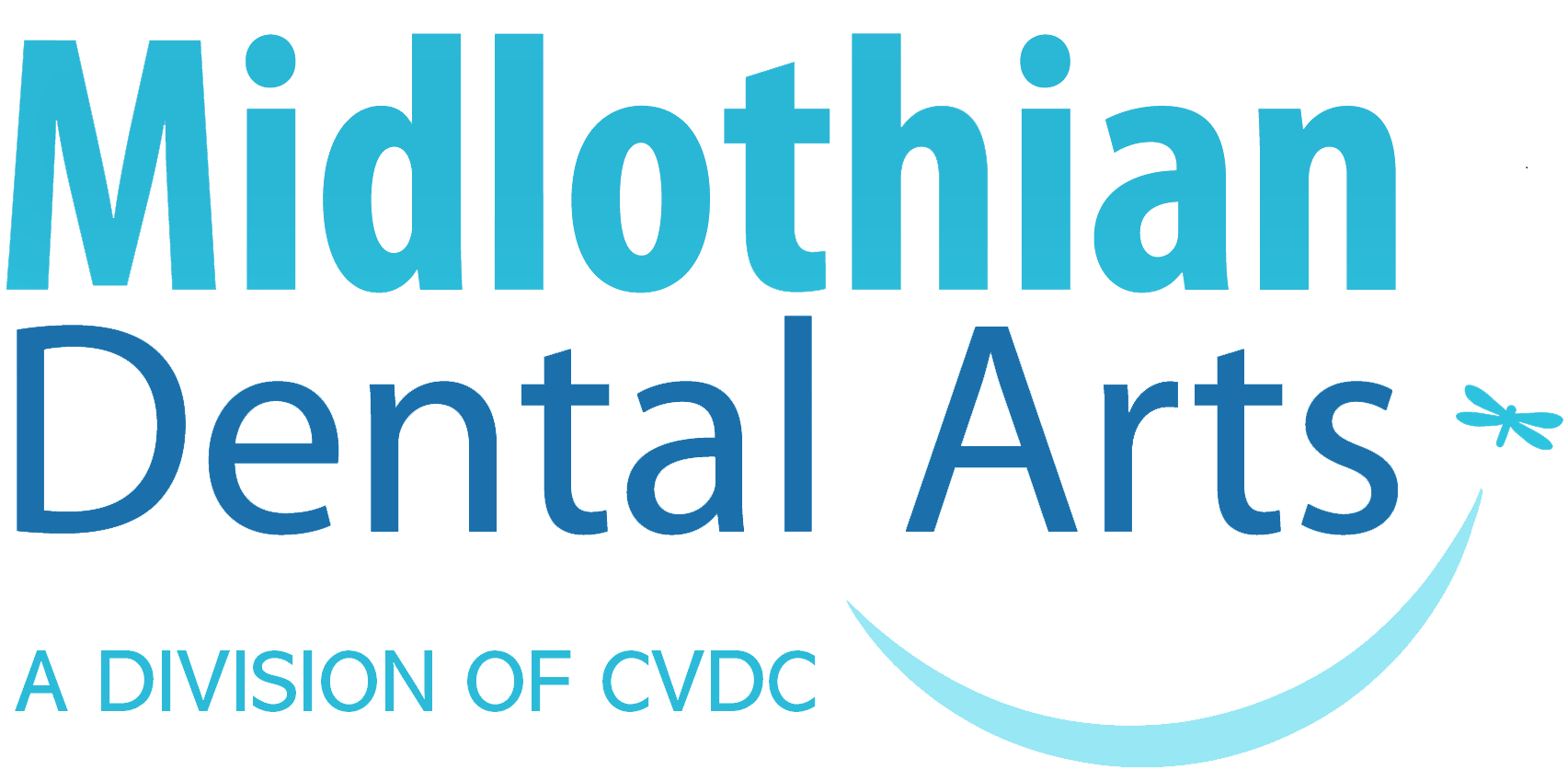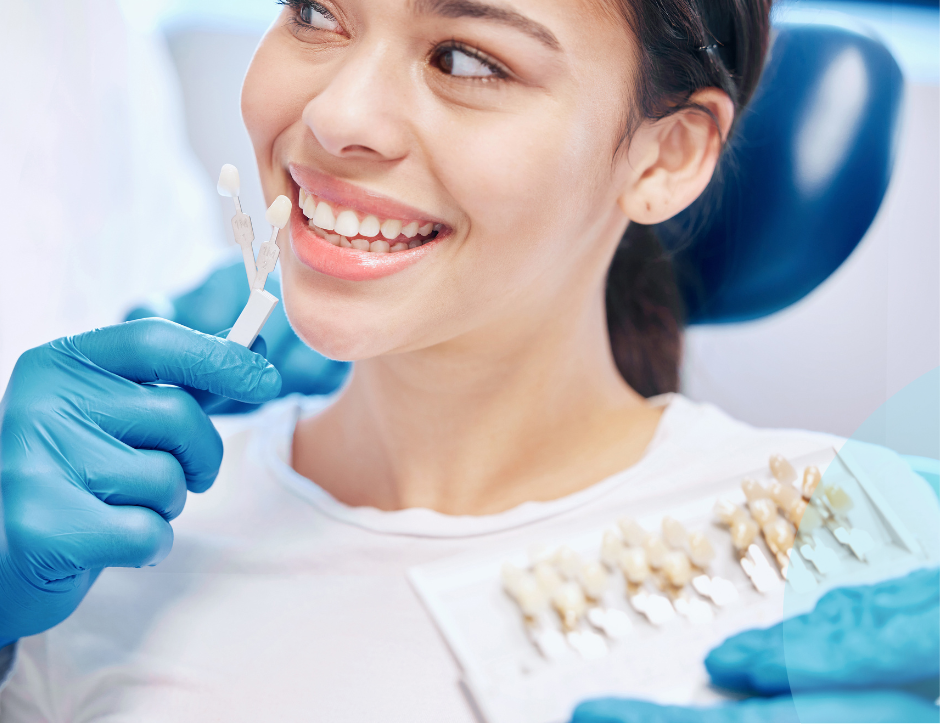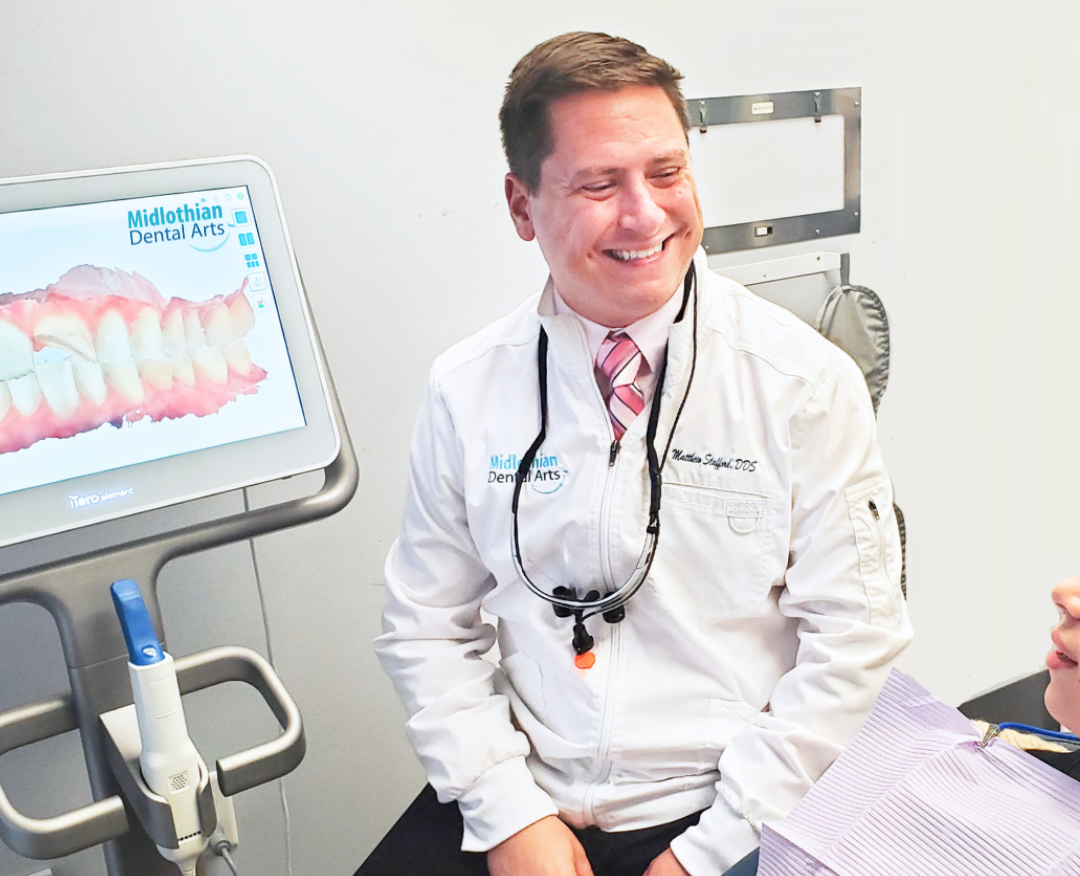Why Achieving Good Oral Health Should be a Priority
Why should achieving good oral health be a goal for the new year?
As we usher in a new year, many of us are busy setting resolutions aimed at improving our overall well-being. While resolutions often revolve around fitness and nutrition, one aspect of health that is frequently overlooked is oral care. Maintaining good oral health is not only crucial for a confident smile but also plays a significant role in our overall health and well-being.
Prevents Tooth Decay and Cavities
One of the primary reasons to prioritize oral health care is the prevention of tooth decay and cavities. Poor oral hygiene can lead to the accumulation of plaque, a sticky film of bacteria that produces acids, eroding tooth enamel. This erosion, if left unchecked, can result in cavities and tooth decay. By committing to regular brushing, flossing, and dental check-ups, you can significantly reduce the risk of these dental issues.
Guards Against Gum Disease
Gum disease, also known as periodontal disease, is a common but often underestimated threat to oral health. It begins with gingivitis, characterized by inflamed and bleeding gums, and can progress to more severe stages, causing tooth loss and even affecting overall health. Regular dental care, including professional cleanings and diligent oral hygiene practices, can help prevent and manage gum disease, preserving both your oral health and overall well-being.
Helps to Maintain Fresh Breath
Bad breath, or halitosis, can be a social and personal discomfort. Poor oral hygiene is a leading cause of bad breath, as bacteria in the mouth release foul-smelling compounds. By consistently practicing good oral habits, such as brushing the tongue, gums, and teeth, as well as regular dental cleanings, you can keep your breath fresh and boost your confidence in social situations.
Supports Overall Good Health
The link between oral health and overall health is well-established. Neglecting oral hygiene can contribute to various systemic health issues, including cardiovascular diseases, diabetes, respiratory infections, and more. Bacteria from the mouth can enter the bloodstream, leading to inflammation and affecting other parts of the body. Prioritizing oral health care is a proactive step towards safeguarding your general health.
Enhances Confidence
A healthy smile is not just an indicator of good oral health; it also enhances your overall confidence. Stained, yellowed, or damaged teeth can impact your self-esteem and confidence. Regular dental check-ups and cleanings, along with good oral hygiene practices, contribute to a brighter, more radiant smile. Consider professional teeth whitening or other cosmetic procedures to further enhance your dental aesthetics.
Saves Money in the Long Run
Prevention is often more cost-effective than treatment. Investing in regular dental check-ups and preventive care can help identify and address oral health issues at an early stage, preventing the need for more extensive and expensive treatments later on. By making oral health care a priority, you not only save money in the long run but also ensure a healthier and happier future.
Fosters Positive Habits for a Lifetime
Establishing good oral health habits early in the new year sets the stage for a lifetime of positive practices. Children and adults alike benefit from consistent oral care routines, creating a foundation for lifelong health. By making oral health a priority, you instill the importance of self-care in yourself and your family, contributing to a healthier and happier lifestyle.
As you contemplate your resolutions for the new year, consider placing oral health care at the forefront. The benefits extend beyond a beautiful smile, influencing your overall health, confidence, and financial well-being. At Midlothian Dental Arts, we believe that, by embracing a commitment to regular dental check-ups, diligent oral hygiene practices, and a healthy lifestyle, you can ensure a bright and healthy smile for years to come. Cheers to a new year filled with radiant smiles and optimal oral health!
If you have questions about your oral health or would like to schedule an appointment at our office here: office@midlothiandentalarts.com or call (804) 379-9177. We look forward to speaking with you.


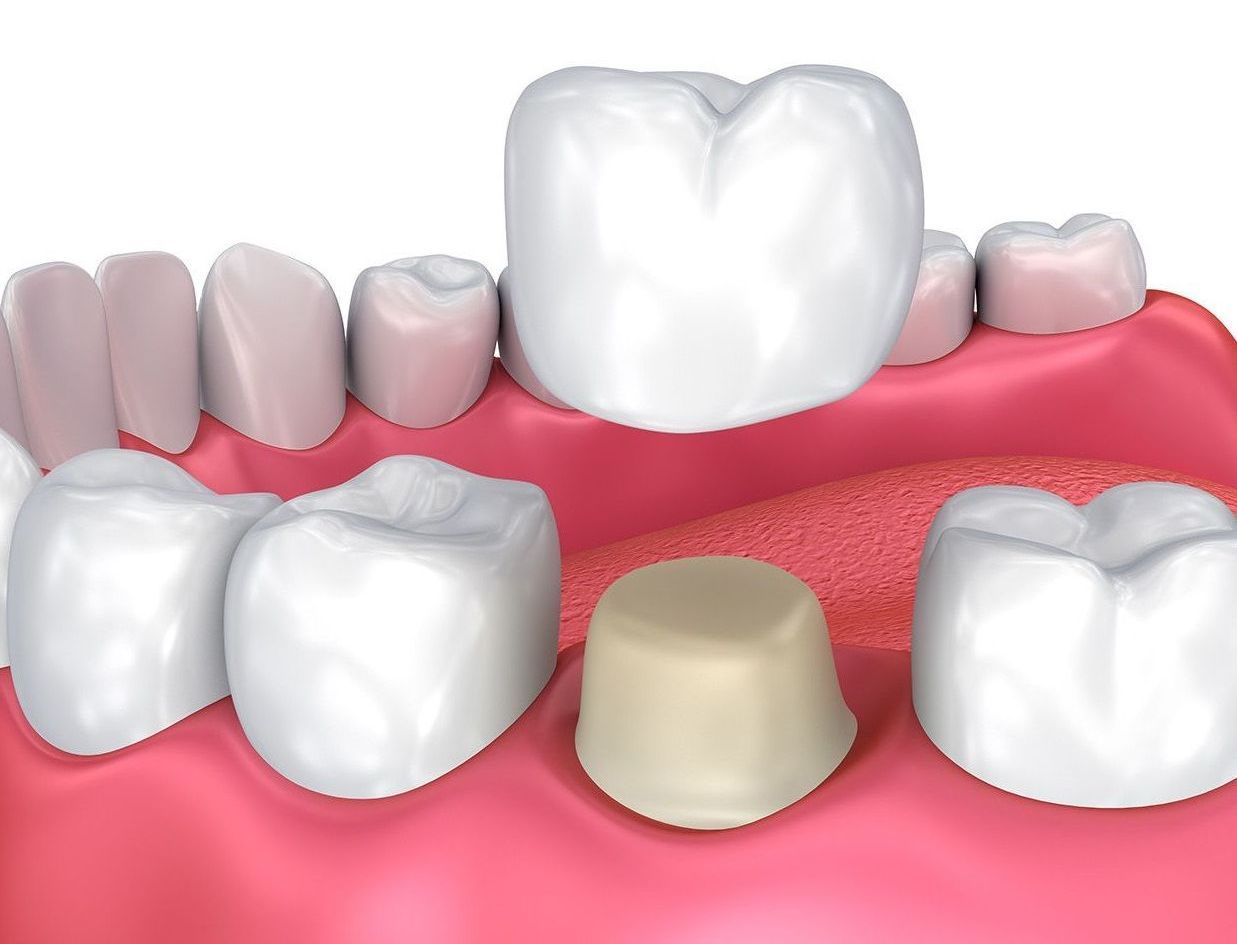

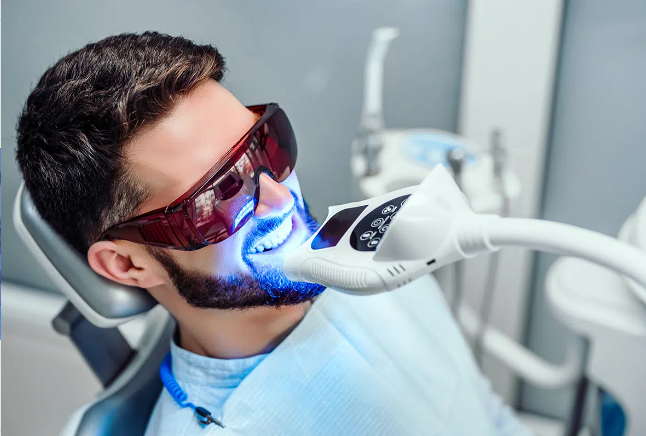

Midlothian Dental Arts in Midlothian, VA
Dr. Stafford and his entire team at Midlothian Dental Arts are devoted to helping you achieve and maintain a healthy, beautiful smile at every stage of life. Enjoy comprehensive dental services in Midlothian, VA to meet your dental needs and ensure your comfort.
Stay informed on the latest oral health news by getting social with us...
Address
Midlothian Dental Arts
151 Le Gordon Dr # 100
Midlothian, VA 23114
Phone
804-379-9177
MONDAY: 8:00AM - 5:00PM
TUESDAY: 8:00AM - 5:00PM
WEDNESDAY: 8:00AM - 5:00PM
THURSDAY: 8:00AM - 3:00PM
FRIDAY: 8:00AM - 1:00PM
All Rights Reserved | Midlothian Dental Arts | Website By RedoSites
